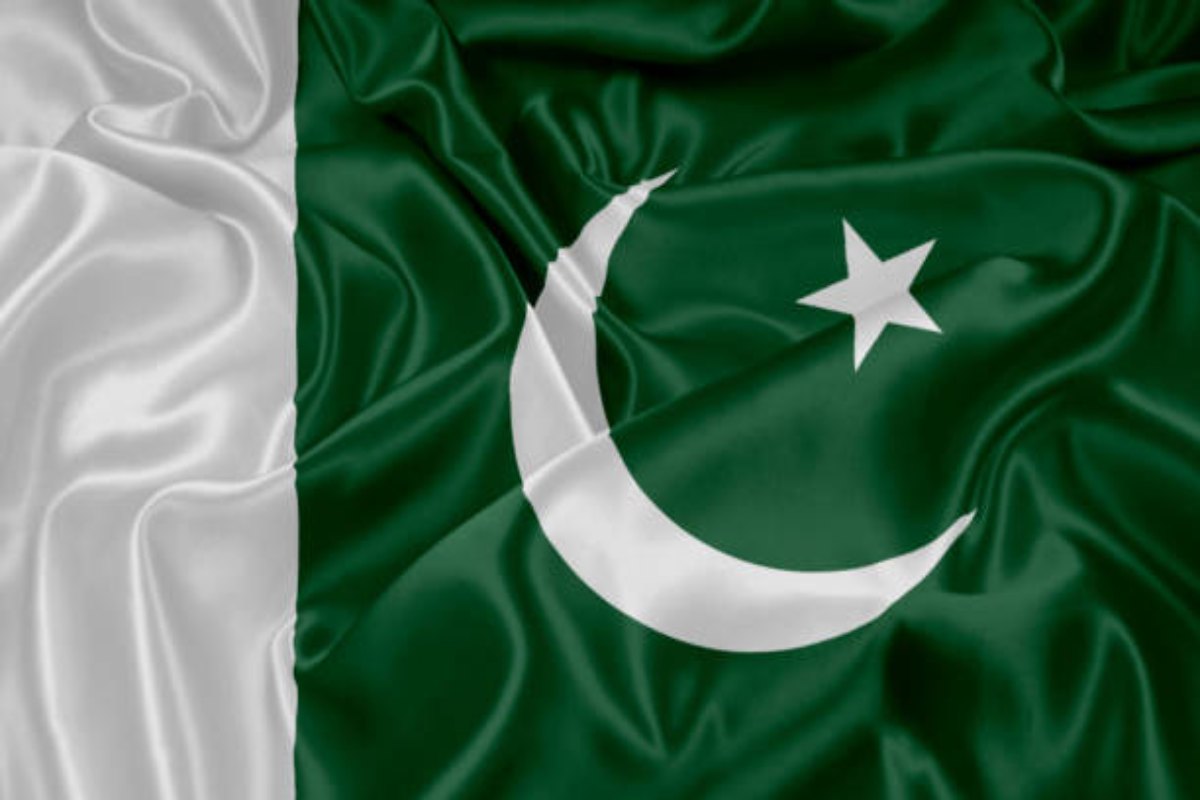Indians will not fail to miss the irony inherent in the message delivered over the weekend by Pakistan’s defence minister Khwaja Asif to the Taliban regime that rules Afghanistan. Accusing the regime of “neglecting its duties as a neighbouring and fraternal country”, and allowing its territory to be used as a “sanctuary for terrorists”, Mr Asif was in effect echoing what India has told Islamabad for decades. All but accusing the Afghans of being ingrates, Mr Asif said, “50/60 lakh Afghanis had 40/50 year asylum in Pakistan with all rights. On the contrary, the terrorists who shed the blood of Pakistanis can find refuge on Afghan soil.” These are strong words, but stronger still was the warning that Pakistan would not allow this situation to continue. The minister’s statement came a day after Pakistan’s Army expressed serious concerns on the “safe havens and liberty of action” allowed to the outlawed Tehreek-e-Taliban in Afghanistan. Last week, nine soldiers were killed in a TTP attack on a military installation in Balochistan, yet another instance of the impunity with which the outfit has been operating in Pakistan, often targeting the Army. There has been a sharp rise in terrorist acts carried out by the TTP since last December, when the outfit ended its ceasefire with Islamabad. Pakistan, sometimes distracted by political shenanigans, has watched on with horror as the terrorist group, which has significant local support in Khyber Pakhtunkhwa and Balochistan, has launched attack after attack. Pakistan has issued statements of condemnation from time to time, as it did after the recent attacks, but these appear to make little difference to Kabul. In the latest statement, Pakistani authorities urged the “interim regime” to honour commitments made in the Doha agreement, specifically not to allow the use of Afghan soil for terrorism. But the Taliban routinely denies the accusations and says it is committed to keep the region peaceful.
Pakistani strategic experts have long argued that the Taliban regime in Kabul uses the TTP to put pressure on Islamabad. They have pointed to the close links between the Taliban and groups such as the TTP and the Islamic Union of Uzbekistan in the larger scheme of things where these groups seek creation of Sharia-bound theocratic states. The TTP for instance wants the Pakistani establishment to cede control over its tribal regions, and to allow it to administer these in the manner already seen in Afghanistan. A UN Security Council report had warned some time ago that terrorist groups enjoy greater freedom in Afghanistan now than at any time in recent history. Pakistan has threatened more than once that it will launch what it terms “all-out comprehensive operations” targeting the TTP. But this will mean seeking TTP members out inside Afghanistan, which if attempted will open a new can of worms. Well may Pakistan blame its “enemies” for the troubles it faces. But if its rulers indulge in honest introspection, they will find the roots were planted by those in Rawalpindi.
Advertisement
